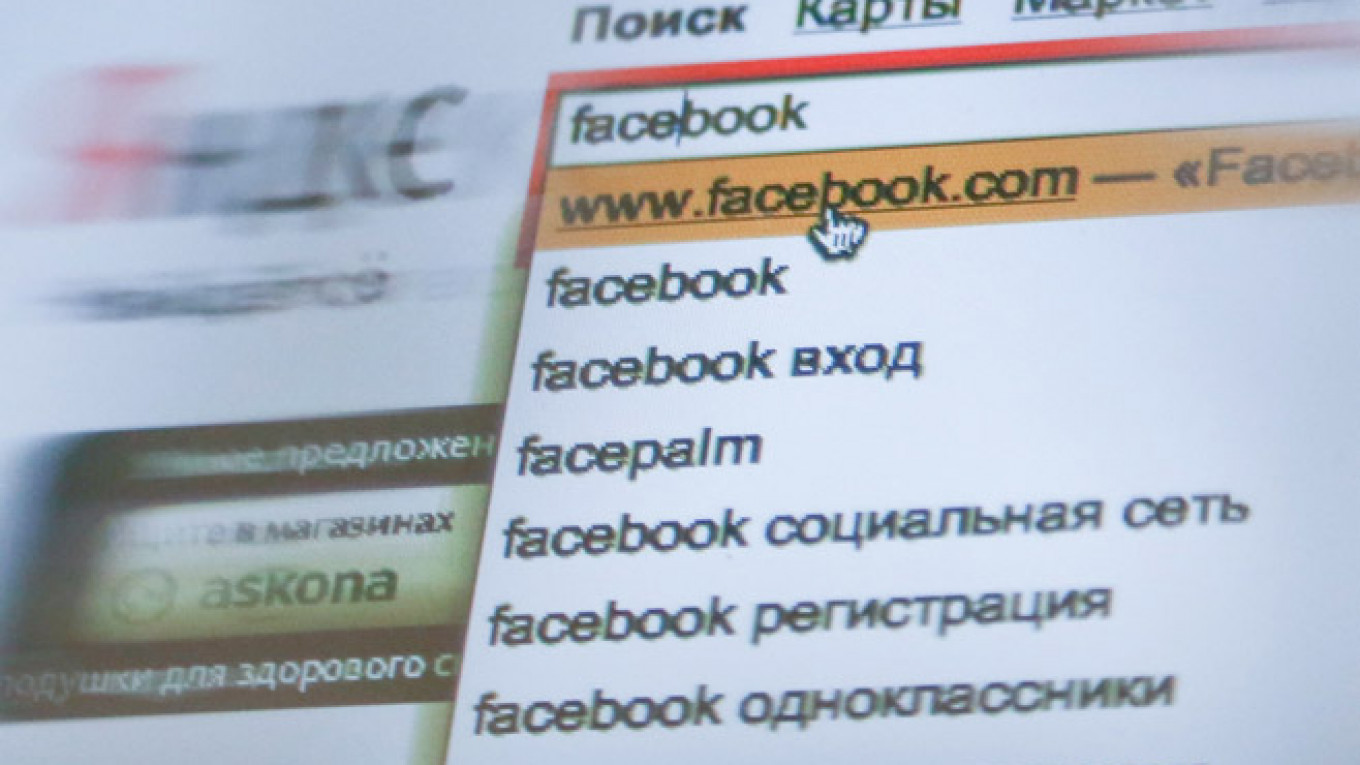While the Kremlin is seriously considering cutting the country off from the global Internet, an obscure piece of legislation is likely to prove no less disruptive for millions of Russians.
Signed into law by President Vladimir Putin last summer, it mandates that all foreign Internet companies store the personal data of their Russian account-holders on Russia-based servers. An amendment to expedite the law's entry into force from September 2016 to Jan. 1, 2015, is nearing approval.
The concern for the safety of Russians' personal data is political cover. The primary objective is to force Western Internet giants like Google, Facebook, Twitter, Microsoft and Apple to allow Russia's security services unfettered access to the personal communications of Russian nationals under a program similar to the NSA's "PRISM." If companies refuse to relocate their servers to Russia or rent local cloud storage, this would be the legal vehicle to block their services.
It's hard to see these Western Internet giants complying with this law without compromising their global business model. To appreciate the scale of the potential disruption, think of the millions of Russian Gmail accounts that will go blank on New Year's.
The collateral damage could be wider. The law affects foreign companies that provide online travel services, airline ticketing by foreign carriers, Internet commerce, Internet payments and even online visa application services at foreign embassies. These are not primary targets of the legislation, but there are no exemptions.
Compliance costs could be prohibitive. Apart from setting up Russia-based servers, data companies would have to physically segregate Russian data from all other data around the world, requiring costly and labor-intensive software re-coding. Many will simply exit the market, knowing that they cannot offset costs by increasing charges for Russian consumers. While some domestic Russian industries may benefit (cloud storage), millions of Russian consumers will experience nasty lifestyle and work disruptions. As a remedy, the government promises to set up "a state booking company."
Politically, the law seeks to prevent the rise of what New York Times columnist Thomas Friedman calls "people of influence" — Internet-empowered individuals demanding a say in how their country is run. This is bad enough. But the law also insults the intelligence and dignity of the most independent segment of Russian society. This could blow up in the government's face.
Vladimir Frolov is president of LEFF Group, a government relations and PR company.
A Message from The Moscow Times:
Dear readers,
We are facing unprecedented challenges. Russia's Prosecutor General's Office has designated The Moscow Times as an "undesirable" organization, criminalizing our work and putting our staff at risk of prosecution. This follows our earlier unjust labeling as a "foreign agent."
These actions are direct attempts to silence independent journalism in Russia. The authorities claim our work "discredits the decisions of the Russian leadership." We see things differently: we strive to provide accurate, unbiased reporting on Russia.
We, the journalists of The Moscow Times, refuse to be silenced. But to continue our work, we need your help.
Your support, no matter how small, makes a world of difference. If you can, please support us monthly starting from just $2. It's quick to set up, and every contribution makes a significant impact.
By supporting The Moscow Times, you're defending open, independent journalism in the face of repression. Thank you for standing with us.
Remind me later.








